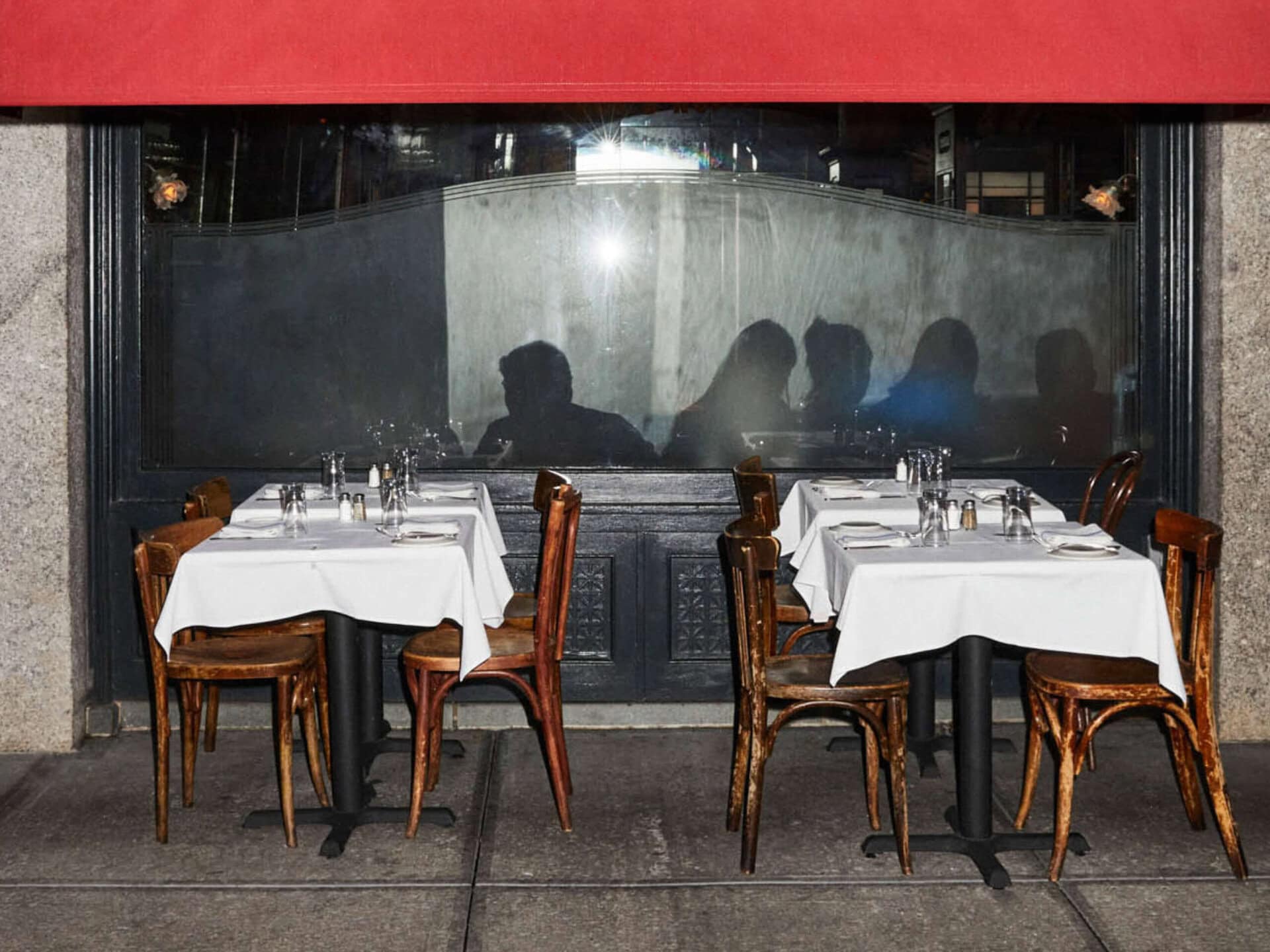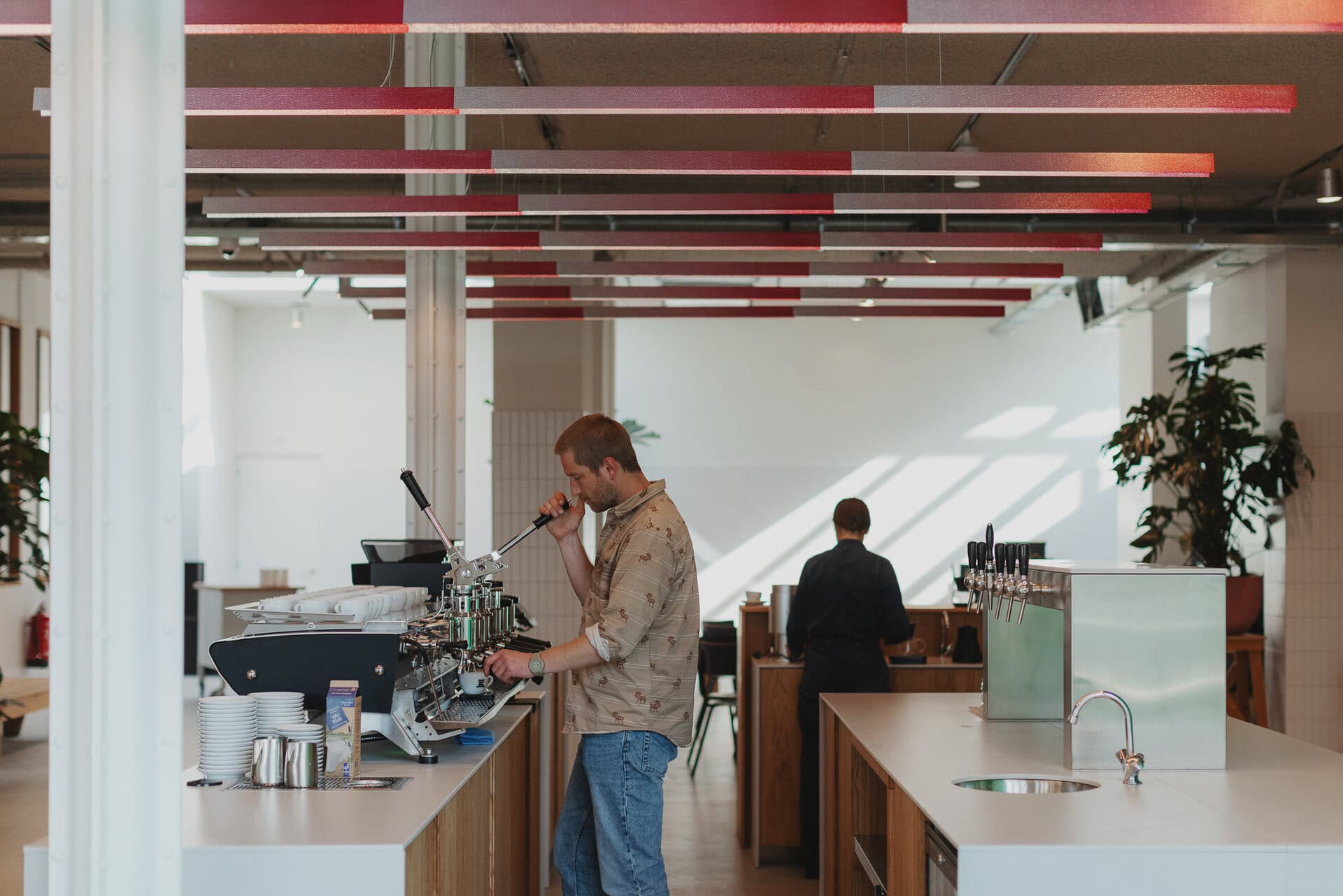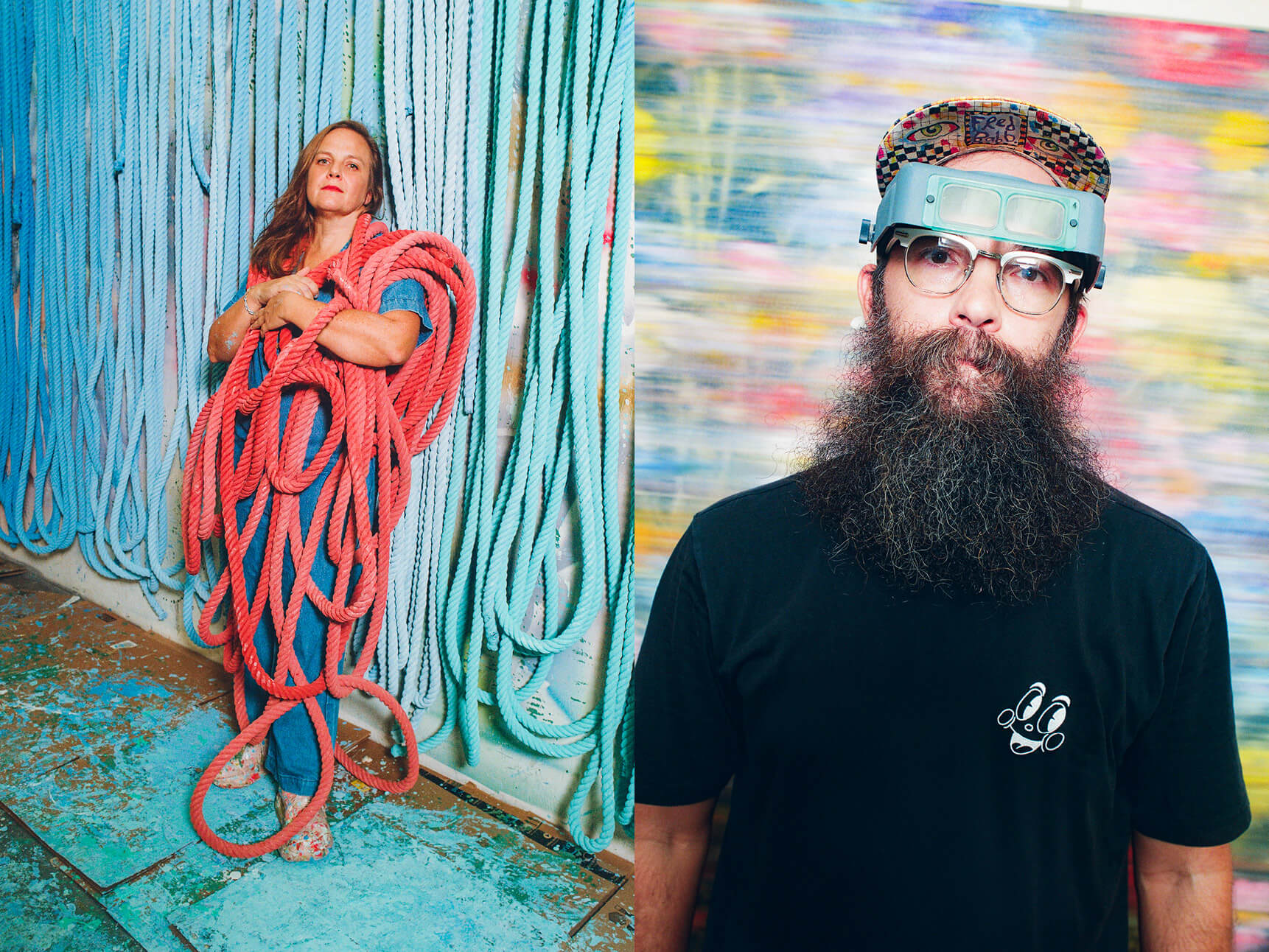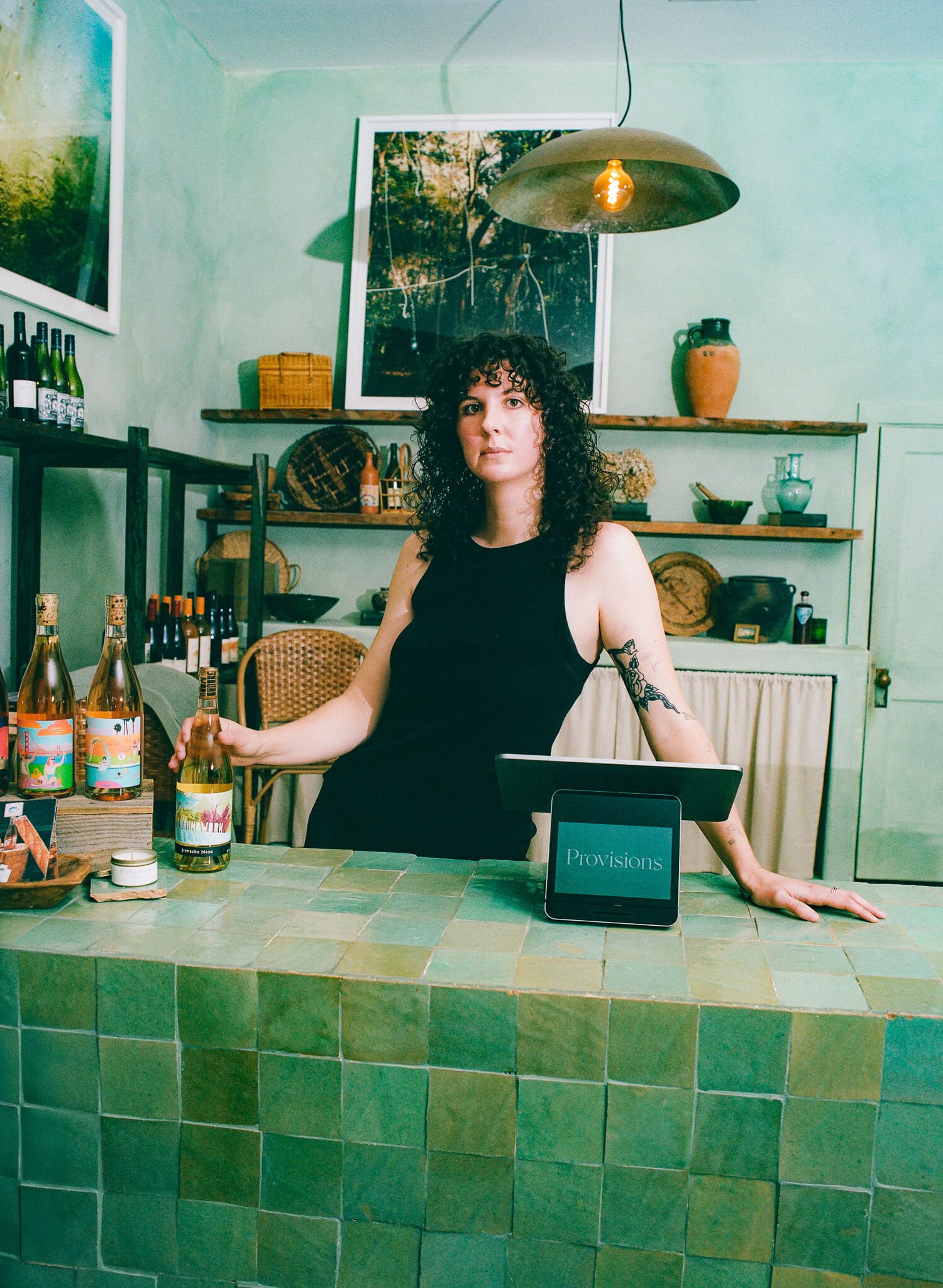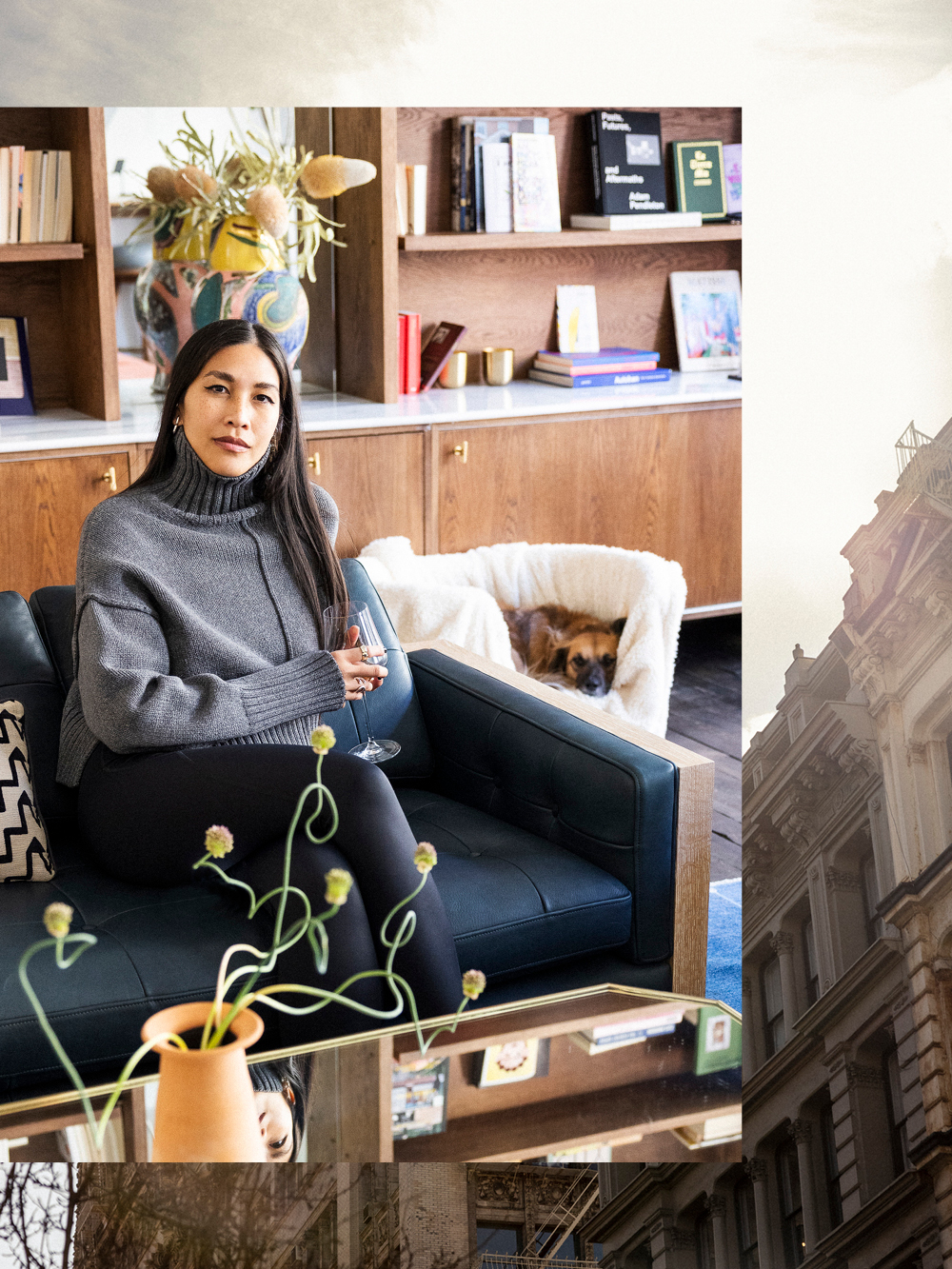
Since launching her digital agency in 2018, Kris Sugatan has fine-tuned the mechanics of growing brands through the power of social media—and she’s just getting started.
For Kris Sugatan, it all began with the question, “How do I turn $1 into $3?” At the time, she had traded in life as a career waitress and sold all her belongings to do some soul-searching. Eventually, Sugatan sought a sense of change in an unfamiliar and quickly evolving digital landscape. “I didn’t know what e-commerce was, I didn’t know what social media advertising was, I just started with that question,” says Sugatan. It became a relentless pursuit to understand how to deliver value through the digital experience, which led her to the world of creative marketing for brands.
Today, her digital agency Sugatan delivers performance-based growth through viral ads on social media for e-commerce clients spanning fashion, beauty, wellness, and lifestyle brands in the U.S. and Europe. It seems clear now the answer she had been looking for all along. “The essence of any business is about creating value,” says Sugatan.
“You just have to know how to listen to your intuition. You can't quantify that, you can't put that into a formula.”
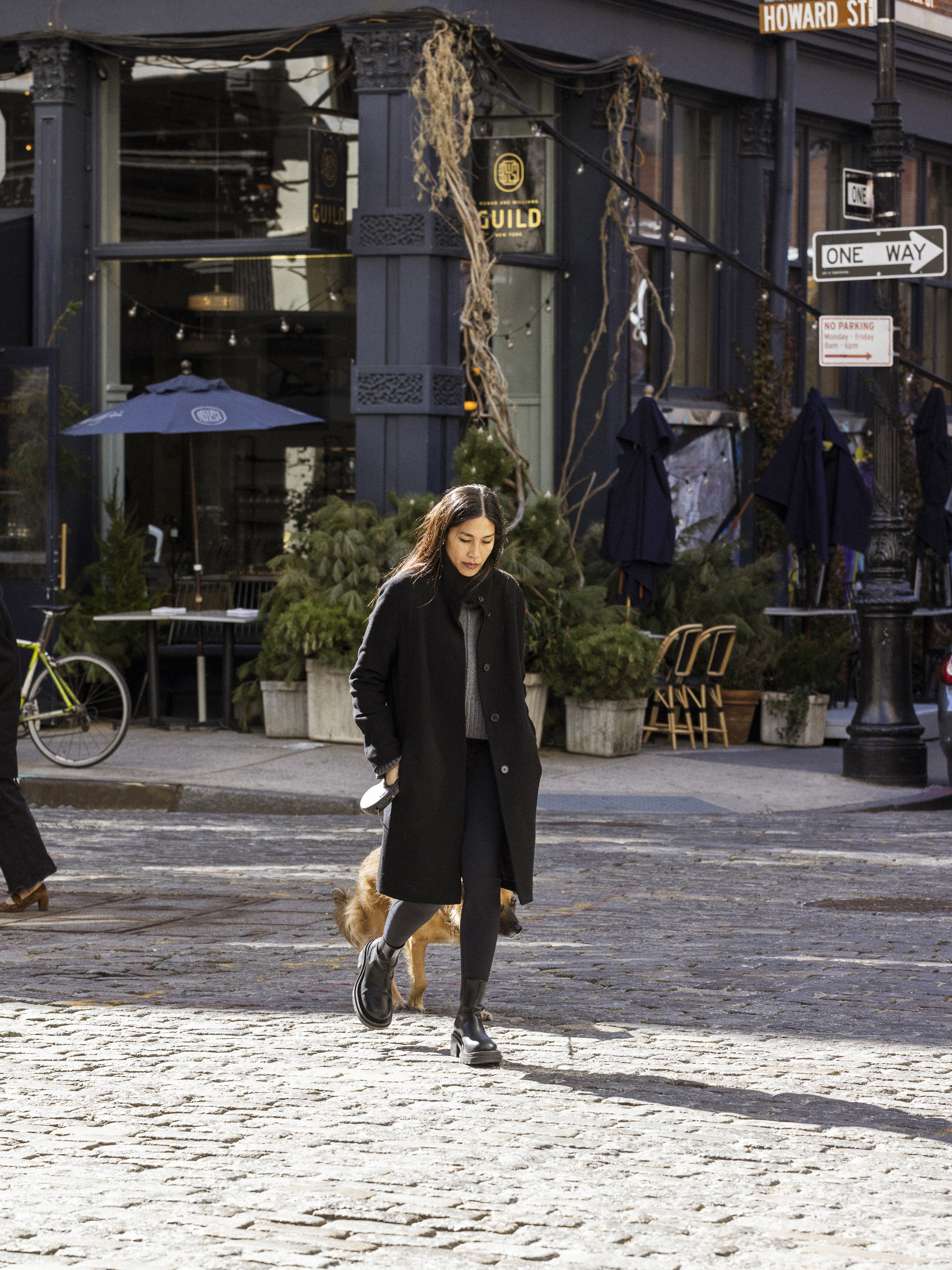
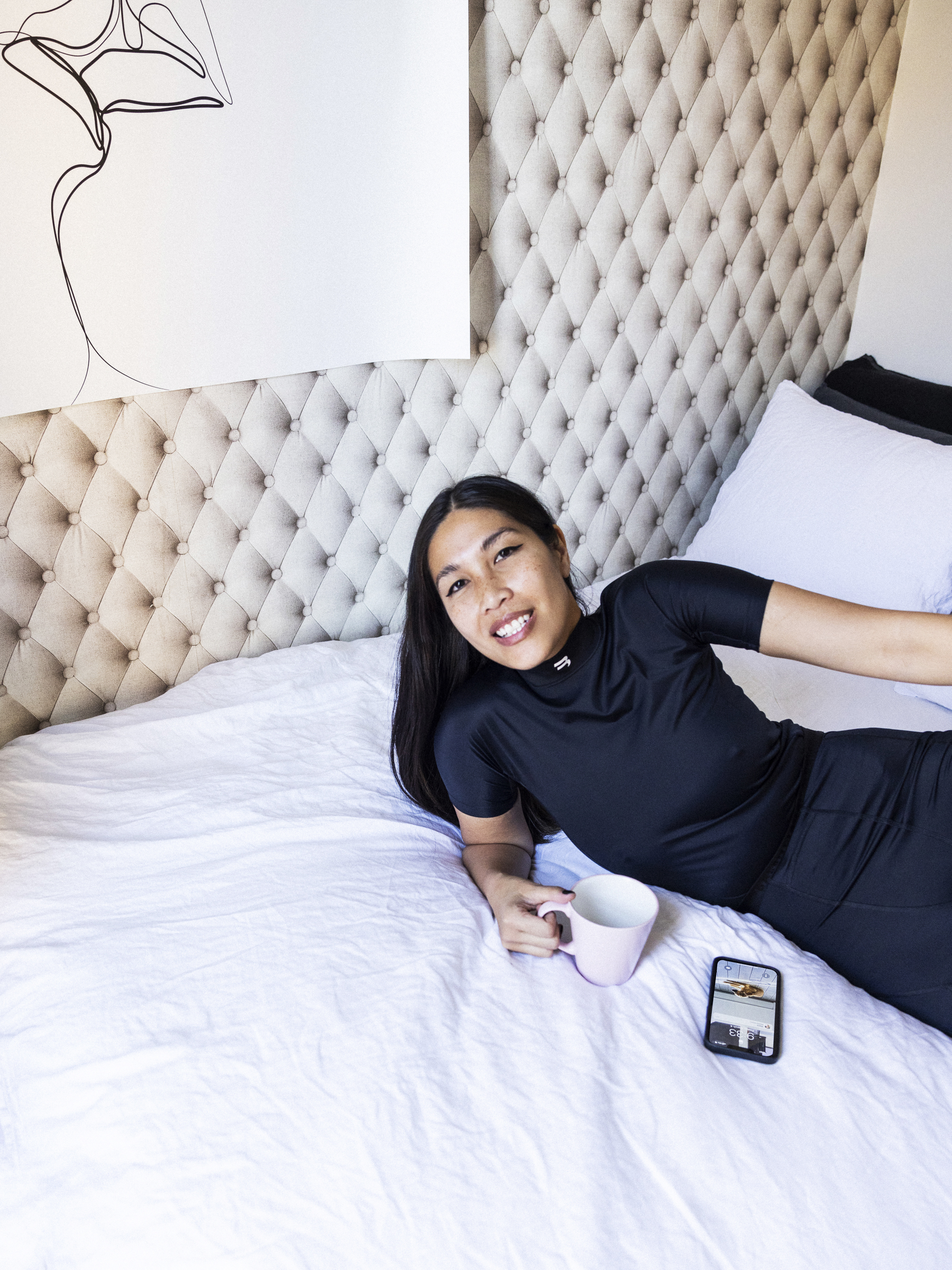
Q. Tell us your background and what led you to found your business.
I was a fine dining server for resorts and hotels for eight years, and I was just floating without really having any direction. I was invited to go to Cornell’s Hotel School, all paid for, and it would’ve meant committing my life to hospitality and service. Once I was confronted with it, I was like, Do I really want to do this? No, I don’t. Then I basically had what I call a big death. I literally broke down this life I had passively built, that had no intention behind it. I let go of all of my financial responsibilities. I couched surfed for three months to figure it out. And then I became very intentional. I was like, I need to follow what excites me, I don’t know what it is right now, but I’m just going to follow my intuition. I became a freelancer and explored digital marketing. I started to create ads for different niches, and I was most successful with e-commerce brands. Then I built a business around it.
Q. Was there a project or client that was a defining moment in the early days of your business?
I came across a comedian selling gummy bears that tasted just like gummy bears, but it was like 80 calories. I did their social media advertising, I created the creatives, and then I literally saw that we spent $1 and got $3 back. It was my first success story.
Q. In an increasing data and algorithm-driven social landscape, how do you stay motivated to create value with purpose?
The heart of what we do is very human-centric. Because even though the platforms we use are data and algorithm-driven, you have to lead first with understanding who the human is on the other side of that. We always want to speak to the human. Those are a set of principles that will never go away no matter how much social media platforms evolve or the algorithm changes. I have a deep love for humanity and serving others. What we do is very much aligned with that because I do have the ability to change lives—not just within our team, but also with the clients we bring in down to their customers. So it’s very 360 for me, and it’s very fulfilling.
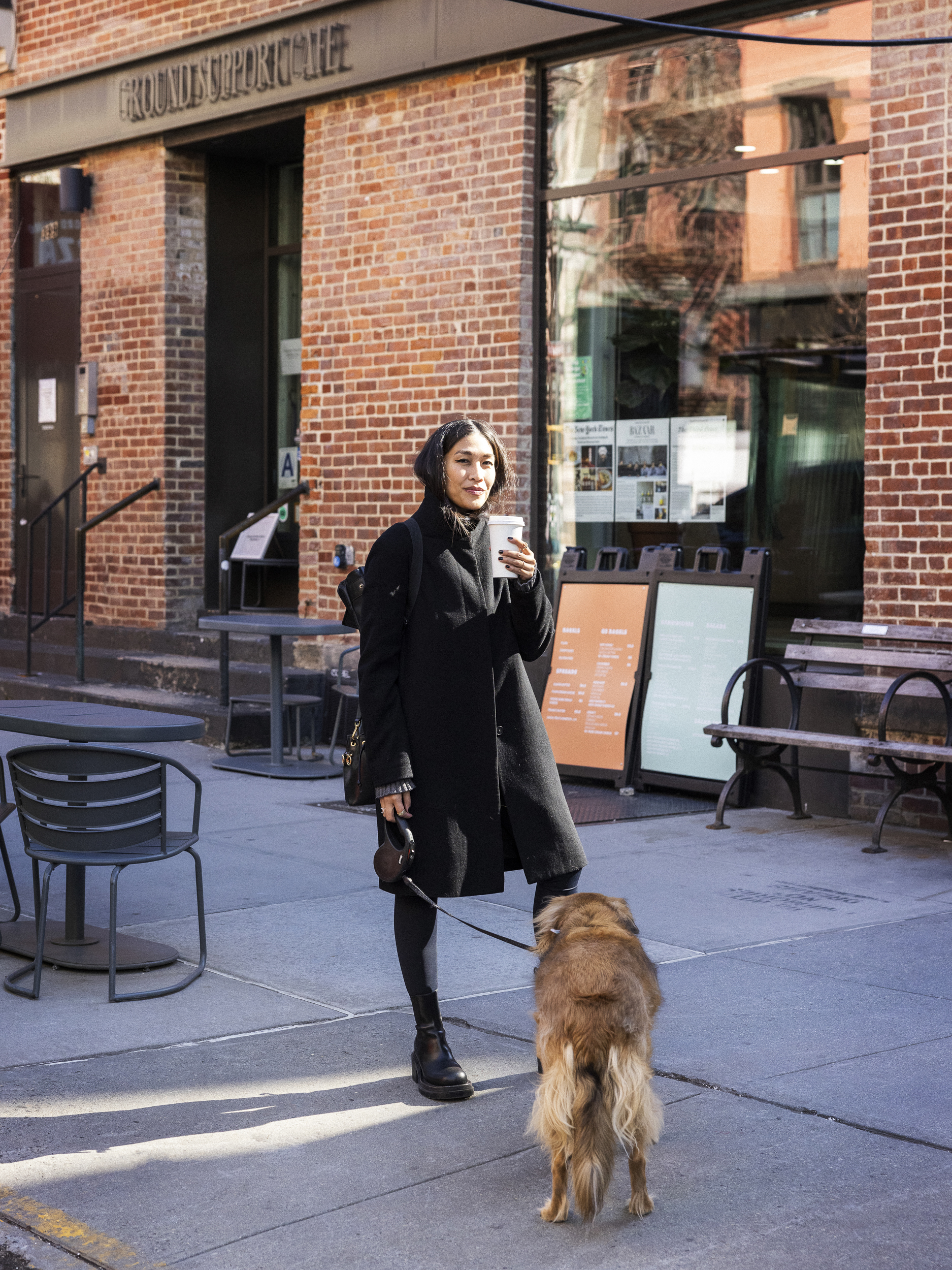
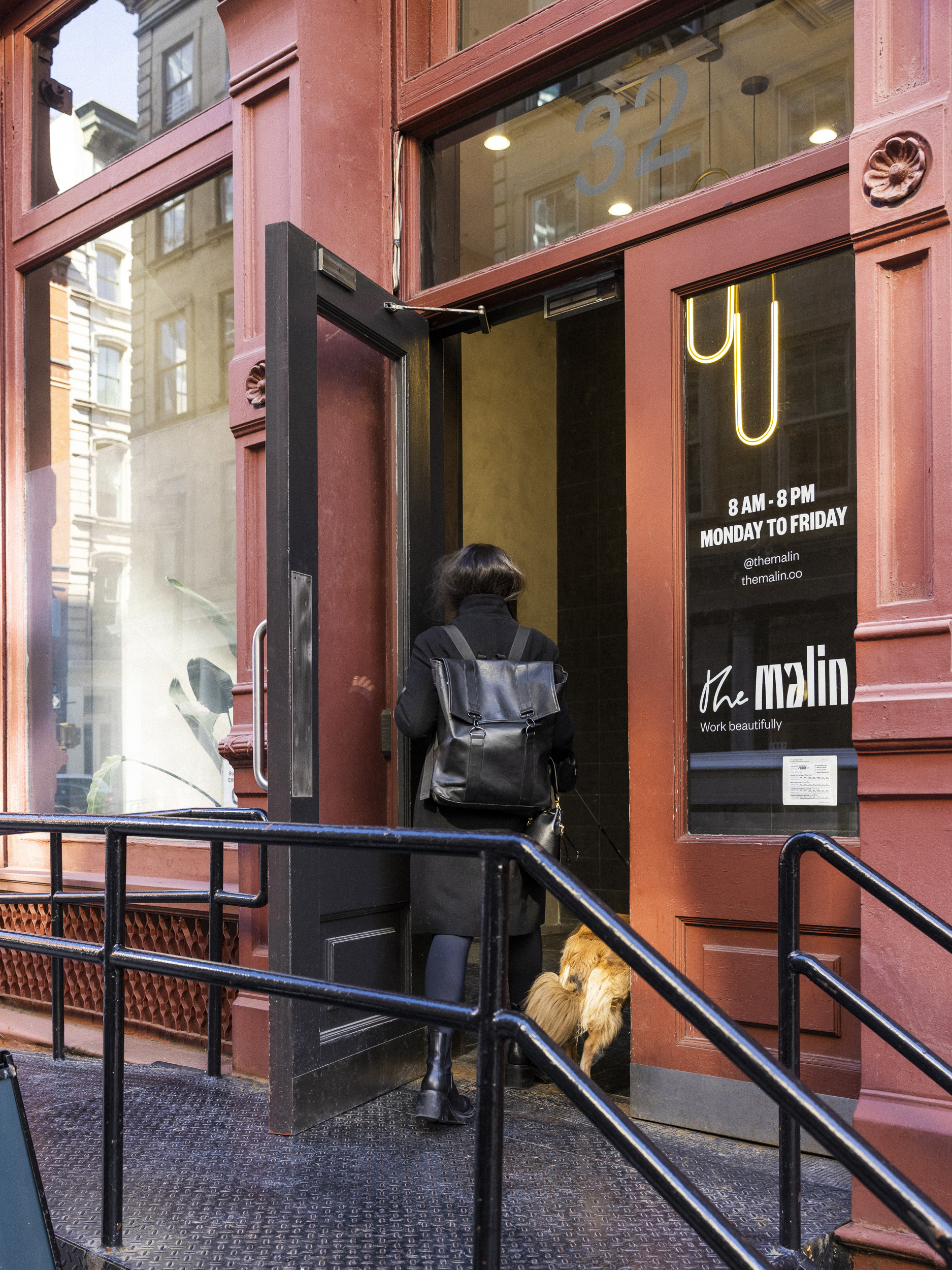
Q. How did the pandemic change or reinforce your work culture?
It’s a very different type of culture we have inside Sugatan. We are a self-managing organization. We give team members the autonomy to work whenever wherever. But that means we need to have a strong support system and community within each other. It’s an inherent respect for each other. It’s a great quality of life for everyone. When you create a company full of people who love what they do, the synergy of collaboration is amazing and it becomes so that nobody’s managing other people. With the pandemic, I learned that while it’s important to constantly innovate, innovation inherently creates chaos within an organization, especially if you have more than 30 people. I really latched on to Agile and Scrum, which gives an operational framework to innovate, but it contains the chaos.
Q. What insight can you give young CEOs looking to build and scale a new business?
It’s so critical in your first two years to identify the right first hires, which are your most important full-time hires. It’s the biggest lesson many newer entrepreneurs might not really understand unless they’ve experienced the pain of a bad hire—and it’s much better to hire slow than it is to get a body in just to get the work done. In the same way, it’s better to grow slowly than to grow fast. We went from six people to 19 to 60, and then at 80 we completely broke. The whole organization, every single part of the business just broke. Thankfully, we’re now at this point where it’s on autopilot and I’m looking to hire the leadership team to refine that machine. But in hindsight, I would’ve grown slower. It seems awesome to grow fast, but it’s very difficult.
Q. You come off as being a natural leader. Did you have any mentors or people who guided you along the way?
Through my late 20s, early 30s, I would come across very successful business people who would tell me there’s one ingredient nobody can replicate even if someone were to give you the formula for how to build a successful business, which is to know when to follow your intuition. You just have to know how to listen to your intuition. You can’t quantify that, you can’t put that into a formula. That was the biggest advice given to me.
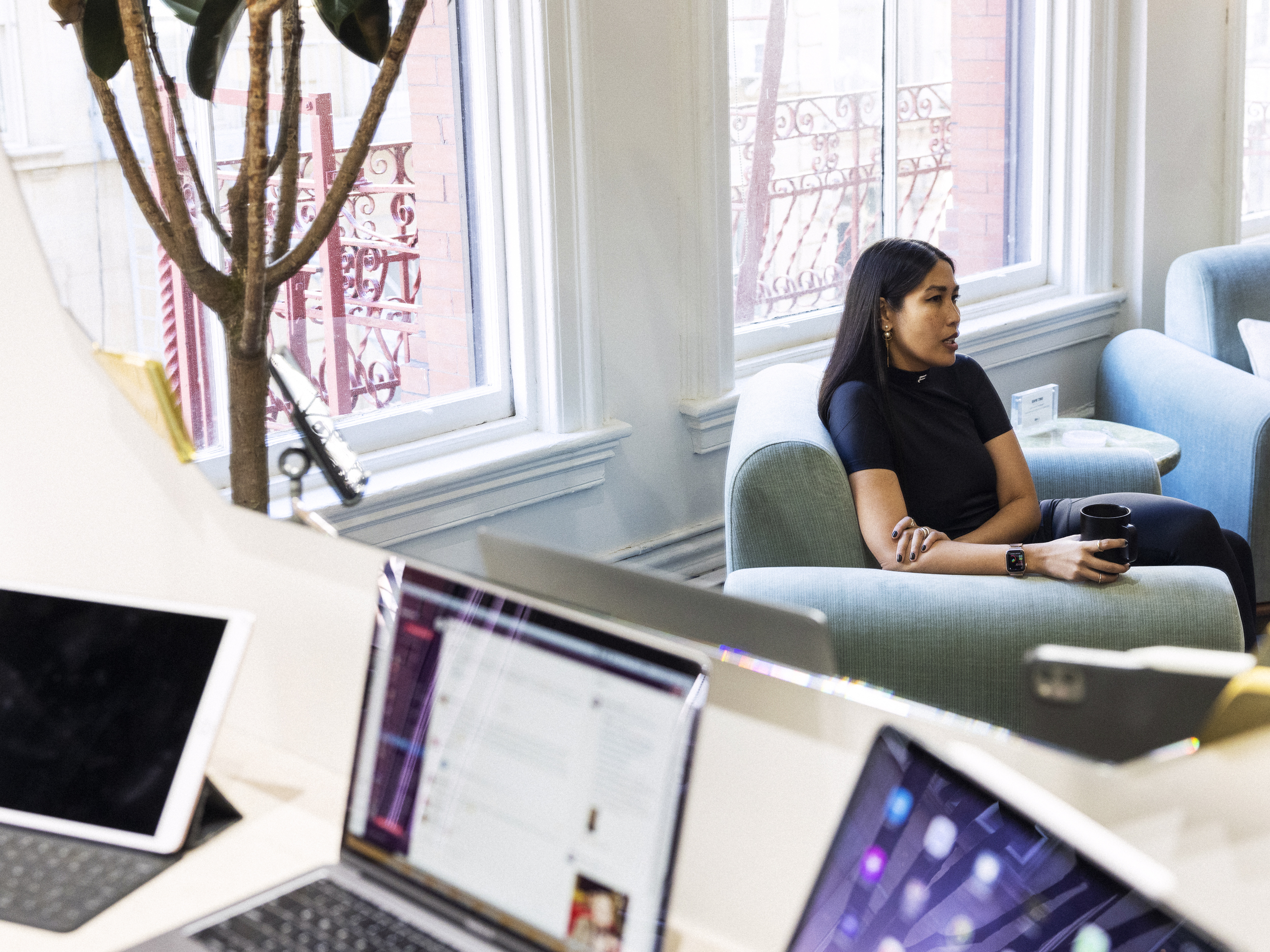

Q. Take us through a typical work day for you.
I live in Soho, and there’s a coffee shop I go to every day. I grab my coffee and walk over to The Malin with Riful [my dog]. I have my days scheduled around deep work, where I cannot be interrupted with the exception of my assistant for emergencies. I usually have meetings from eleven to two. Then I bring out my Champagne. This comes from being a fine dining server for eight years. Every day, we tasted wines, liquors, scotch, beer, tequila, mezcal, everything. It was part of the culture, and it has become so engrained in my biology. Champagne has become part of my flow state, especially when my peak energy is winding down by three in the afternoon. From there I go through another bout of deep work until about seven. I have dinner and then I go home.
Q. Where do you see e-commerce going next?
Those who really understand digital natives will continue to do well in the e-commerce game, especially with Gen Z getting older. Globally, there are parts of the world that just don’t have access to the infrastructure like we do here in the U.S. But I’ve met people from all over who are just crushing it with the most minimal resources. They’re creating their own e-commerce businesses within their countries. Countries like South Africa where the internet infrastructure isn’t fully developed yet, but when it does it’s going to be incredible and provide for so many people who have not had access to that level of opportunity.
DISCOVER MORE
More info at sugatan.io
Instagram

